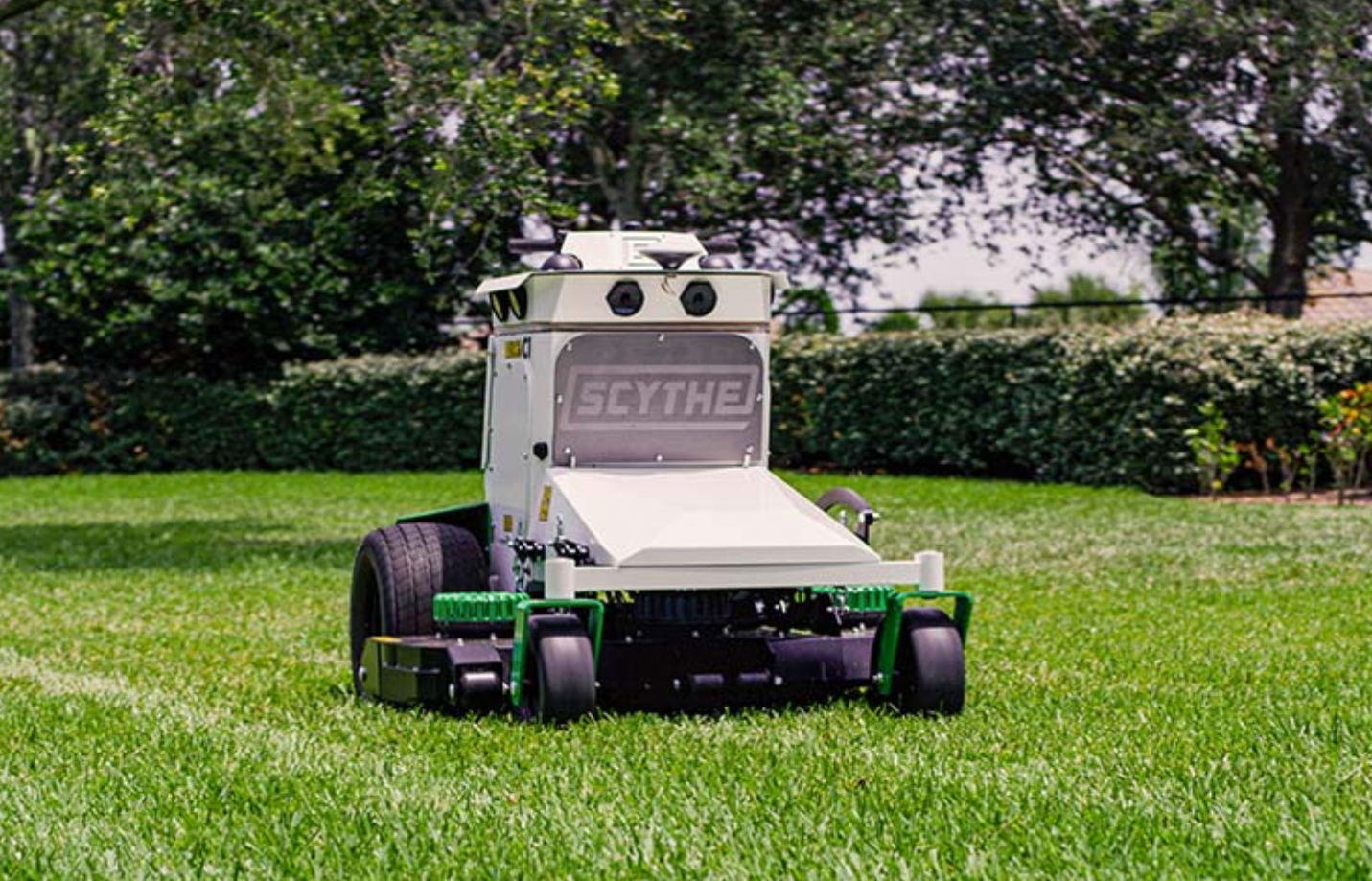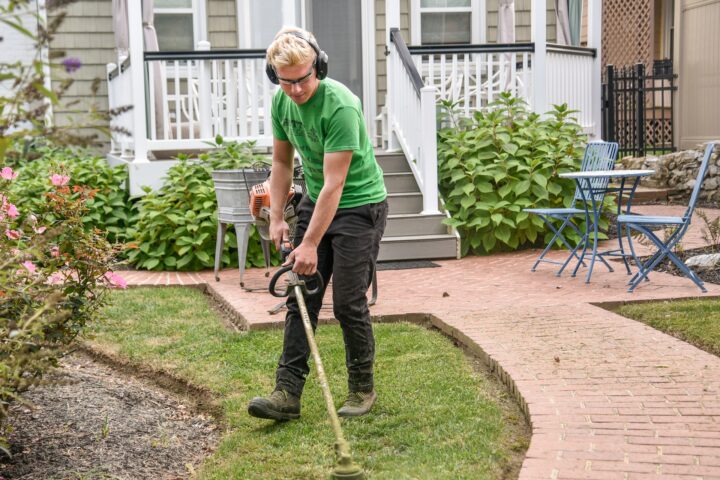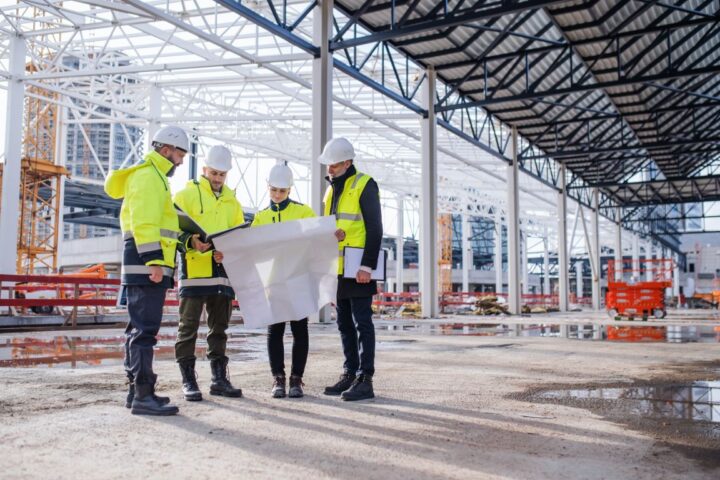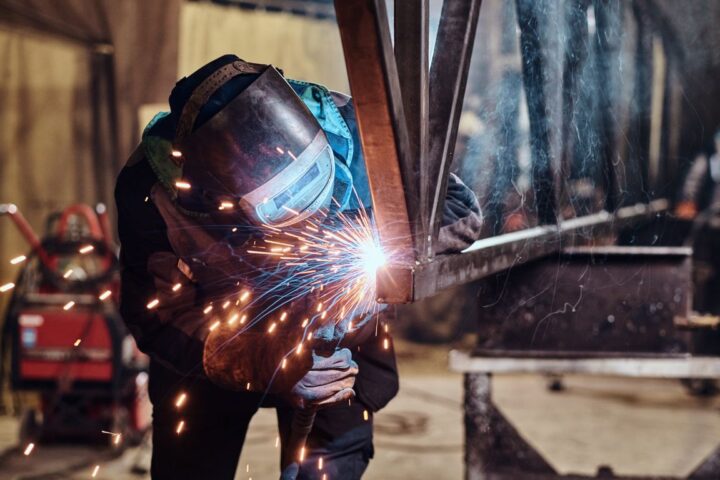The landscaping industry is a $100 billion dollar industry in the United States alone. It is a labour-intensive industry, and the demand for landscaping services is only expected to grow in the coming years.

In recent years, there has been a growing interest in the use of robots in landscaping. UK-based Cash House Buying Company Open Property Group look into this in more detail as they spot homeowner trends which are likely to increase the value of their home. Robots offer a number of potential advantages over traditional landscaping methods, including:
- Increased efficiency: Robots can work 24/7, and they are not susceptible to fatigue or injury. This can lead to significant productivity gains.
- Improved accuracy: Robots can be programmed to perform tasks with a high degree of accuracy. This can help to ensure that landscaping projects are completed to a high standard.
- Reduced environmental impact: Robots can help to reduce the environmental impact of landscaping, as they do not produce emissions.
However, there are also some challenges that need to be addressed before robots can become a mainstream part of the landscaping industry. These challenges include:
- Cost: Robots are still relatively expensive, and this may limit their adoption by some businesses.
- Technology: The technology for robots to perform complex landscaping tasks is still under development.
- Acceptance: Some people may be reluctant to accept robots in the landscaping industry, as they may view them as a threat to jobs.
Despite these challenges, the potential benefits of robots in landscaping are significant. As technology continues to develop and the cost of robots decreases, it is likely that robots will become an increasingly important part of the landscaping industry in the years to come.
The Future of Robotic Landscaping
The future of robotic landscaping is very bright. As technology continues to advance, robots will become more sophisticated and capable. They will be able to perform a wider range of tasks, and they will be able to do so more efficiently and accurately than human workers.
This will lead to a number of benefits for businesses and homeowners. Businesses will be able to reduce their labour costs, and they will be able to deliver a higher quality of service. Homeowners will be able to save time and money, and they will be able to enjoy a more beautiful and well-maintained lawn.
Of course, there are also some challenges that need to be addressed before robotic landscaping becomes mainstream. These challenges include the cost of robots, the availability of skilled labour, and the public’s acceptance of robots. However, these challenges are not insurmountable, and they are likely to be overcome in the years to come.
Overall, the future of robotic landscaping is very promising. Robots have the potential to revolutionize the landscaping industry, and they will make it easier for businesses and homeowners to maintain their lawns. As technology continues to advance, we can expect to see even more benefits from robotic landscaping in the years to come.
















